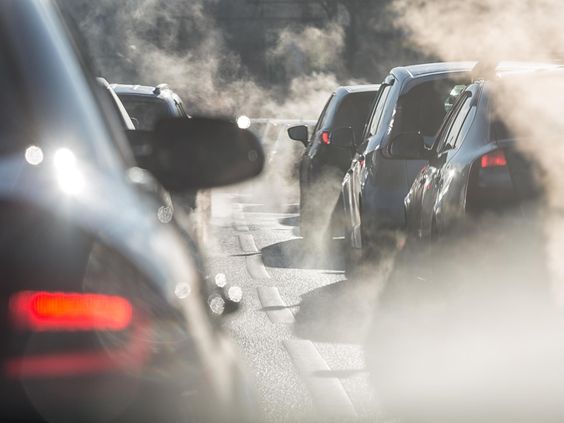Introduction
The automotive industry is constantly evolving, with advancements in technology driving improvements in fuel efficiency and emissions reduction. Car emission standards play a crucial role in this evolution, setting limits on the amount of pollutants vehicles can release into the atmosphere. These standards are regularly updated to reflect technological advancements and environmental concerns. This blog post will delve into recent updates on car emission standards, exploring the latest regulations and their impact on the automotive industry and the environment.

Global Trends in Emission Standards
The global landscape of car emission standards is becoming increasingly stringent. Many countries and regions are implementing stricter regulations to combat air pollution and mitigate climate change. The European Union, for example, has set ambitious targets for reducing carbon dioxide emissions from vehicles, with plans to phase out gasoline and diesel cars by 2035. Similarly, China, the world's largest car market, has introduced stringent emission standards for both gasoline and diesel vehicles, pushing for cleaner technologies.
Impact of Emission Standards on the Automotive Industry
The tightening of car emission standards has a significant impact on the automotive industry. Manufacturers are investing heavily in research and development to meet these regulations, leading to innovations in engine technology, fuel efficiency, and alternative powertrains. Hybrid and electric vehicles are becoming increasingly popular, as they offer lower emissions and improved fuel economy. However, the transition to cleaner technologies also presents challenges for manufacturers, including the need to adapt production processes and invest in new infrastructure.
Future of Car Emission Standards
Looking ahead, car emission standards are expected to continue to evolve, becoming even more stringent. The focus will shift towards reducing emissions from all types of vehicles, including heavy-duty trucks and buses. The development of new technologies, such as hydrogen fuel cells and advanced battery systems, will play a crucial role in achieving these ambitious goals. The automotive industry is poised for a significant transformation, driven by the need to create cleaner and more sustainable transportation solutions.





